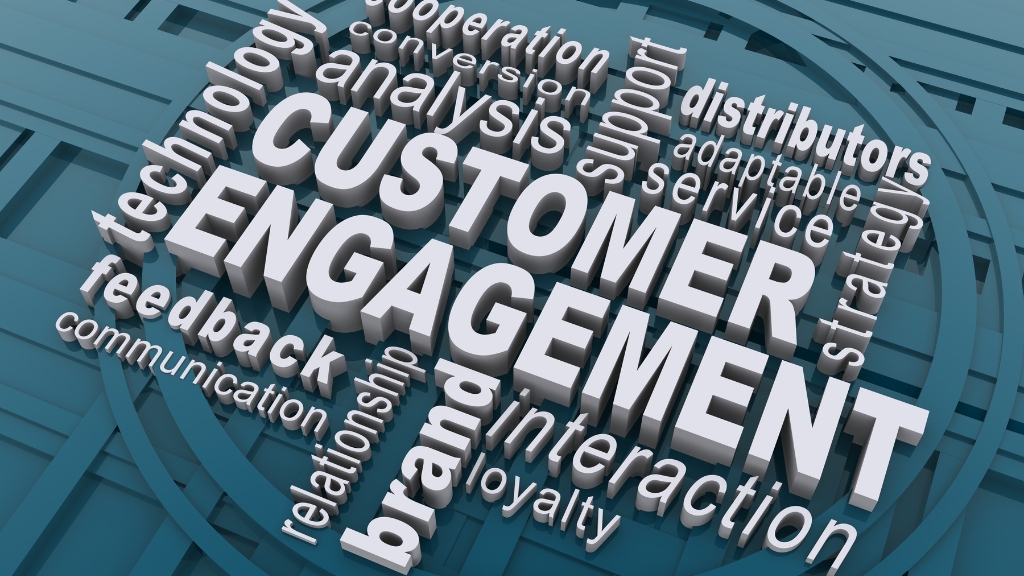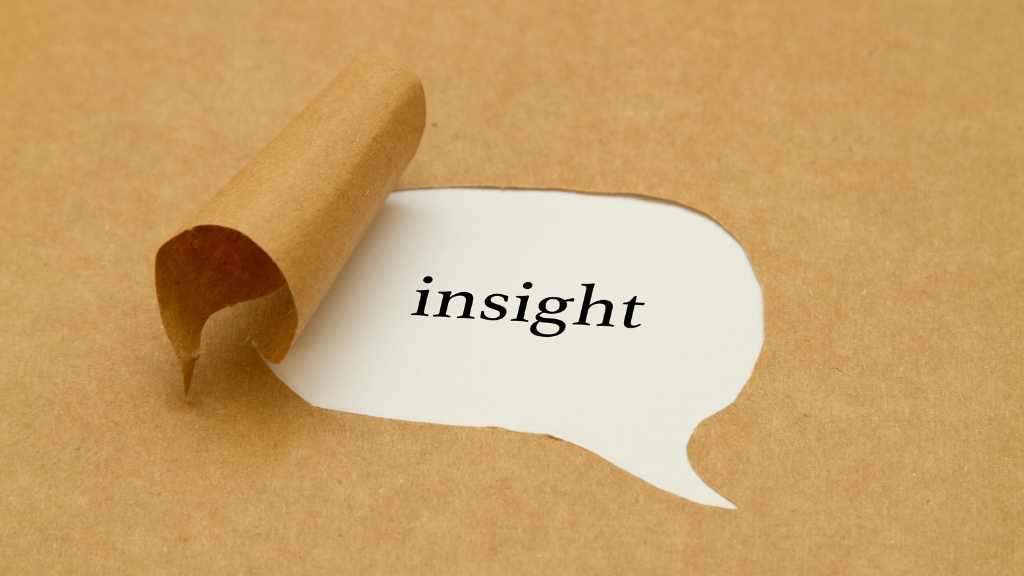
AI-Driven Analytics for Smarter Marketing and Customer Engagement
AI-driven analytics uses artificial intelligence and machine learning algorithms to process and analyze large volumes of customer data. These technologies can identify patterns, trends, and insights from data sources such as customer interactions, social media, sales transactions, and website visits. The goal is to transform data into meaningful insights that inform marketing decisions, optimize customer engagement, and deliver personalized experiences.
By integrating AI into analytics, businesses can move from traditional, reactive marketing strategies to more proactive and predictive ones anticipating customer needs and preferences.
Critical Benefits of AI-Driven Analytics in Marketing
- Personalized Customer Experiences
AI lets businesses personalize customer interactions by leveraging data to tailor content, offers, and communications. Through machine learning models, companies can segment customers based on demographics, behavior, purchase history, and even social media activity. This allows marketers to deliver highly relevant, individualized content that resonates with each customer.
For example, e-commerce platforms like Amazon and Netflix use AI algorithms to suggest products or content based on a customer’s browsing history, purchase patterns, or viewing preferences. By applying similar strategies, businesses can increase engagement and drive conversions by offering customers exactly what they want at the right time.
- Improved Customer Segmentation
AI-driven analytics goes beyond basic segmentation by identifying subtle patterns in customer behavior. With the help of clustering algorithms and predictive modeling, AI can create more sophisticated customer segments that reveal more profound insights into motivations and preferences.
Instead of relying solely on demographic factors, AI allows businesses to analyze behavioral and psychographic data to create more nuanced segments. This approach enables marketers to develop targeted campaigns that resonate with specific groups, ultimately improving the efficiency of marketing efforts and ROI.
- Predictive Analytics for Future Engagement
AI’s predictive capabilities play a significant role in forecasting customer behavior. By analyzing historical data, AI can predict future actions, such as the likelihood of a customer purchasing, churning, or engaging with certain types of content. This allows businesses to retain or guide customers down the sales funnel proactively.
For instance, predictive models can identify customers at risk of abandoning their carts, allowing marketers to trigger targeted email campaigns or personalized offers to bring them back. Similarly, AI can help identify high-value customers likely to make repeat purchases, enabling businesses to develop strategies that nurture these relationships for long-term loyalty.
- Optimized Marketing Campaigns
AI-driven analytics can optimize marketing campaigns by continuously analyzing and adjusting critical metrics. Instead of relying on manual adjustments, AI can automatically optimize ad targeting, bidding strategies, and content delivery to maximize campaign performance.
Platforms like Google Ads and Facebook Ads already use AI to adjust bidding strategies and placements based on real-time data, helping businesses reach their target audience more effectively. Companies can achieve better results while reducing costs by using AI-driven analytics to monitor and optimize campaigns.
- Enhanced Customer Journey Mapping
Understanding the customer journey is crucial for effective marketing, and AI plays a pivotal role in creating more accurate, dynamic journey maps. By analyzing multiple data points across various touchpoints (website visits, social media interactions, email engagements, etc.), AI can create a detailed, holistic view of each customer’s journey from awareness to purchase.
With these insights, businesses can identify friction points and optimize their strategies at each journey stage. For example, AI can help marketers understand where customers drop off during the buying process and adjust the user experience to keep them engaged and guide them to conversion.
- Chatbots and AI-Powered Customer Support
One of the most impactful uses of AI in marketing is the implementation of AI-powered chatbots and virtual assistants. These tools allow businesses to provide 24/7 customer support, answer inquiries, resolve issues, and guide customers through the purchase process, all while gathering valuable data on customer interactions.
For example, brands like Sephora and H&M have integrated chatbots into their websites and apps to provide personalized shopping experiences, offer product recommendations, answer questions, and process orders. These AI-driven interactions enhance the customer experience and free up human agents to focus on more complex inquiries.
- Sentiment Analysis for Brand Monitoring
AI-driven sentiment analysis allows businesses to monitor and understand customer emotions, opinions, and real-time feedback. AI can detect positive, negative, or neutral sentiments by analyzing customer reviews, social media posts, and online mentions and alert marketers to potential issues or opportunities.
For instance, companies can use sentiment analysis to gauge customer reactions to a new product launch or ad campaign. If the sentiment is overwhelmingly positive, businesses can amplify the campaign, while negative sentiment may prompt immediate action to address concerns and improve customer satisfaction.
How AI-Driven Analytics is Shaping the Future of Marketing
The future of marketing is undoubtedly data-driven, with AI and analytics leading the way. As technology continues to evolve, AI will enable even deeper personalization and automation across all aspects of the customer experience. Some of the emerging trends include:
- Voice search optimization: As voice search becomes more prevalent, AI will help businesses optimize content for voice queries, enhancing customer engagement through virtual assistants like Siri and Alexa.
- Augmented reality (AR) integration: Combining AI with AR will allow customers to interact with products immersively, enhancing the shopping experience and driving engagement.
- Hyper-personalization: As AI understands customer preferences, businesses can create even more personalized experiences across all touchpoints, increasing customer satisfaction and loyalty.
Conclusion
AI-driven analytics is revolutionizing the way businesses approach marketing and customer engagement. By enabling more intelligent decision-making, personalized experiences, and real-time campaign optimization, AI is helping brands connect with their customers on a deeper level. As these technologies continue to advance, businesses that embrace AI will be well-positioned to stay competitive in an increasingly data-driven world.
FAQs
Q: How does AI improve marketing strategies?
A: AI improves marketing strategies by enabling personalized experiences, predictive analytics, and campaign optimization, helping businesses engage customers more effectively.
Q: What is predictive analytics in marketing?
A: Predictive analytics uses historical data and AI to forecast future customer behavior, allowing businesses to take proactive measures for engagement and retention.
Q: How do chatbots enhance customer engagement?
A: AI-powered chatbots provide instant, personalized customer support, answering questions, resolving issues, and guiding customers through the purchasing process.
Q: What is sentiment analysis, and how is it used in marketing?
A: Sentiment analysis uses AI to monitor customer feedback across platforms, providing insights into customer emotions and helping businesses address concerns in real time.
Q: How does AI help with customer segmentation?
A: AI uses advanced algorithms to analyze customer behavior and identify more accurate, data-driven segments, allowing for more targeted marketing campaigns.
Leave a Reply
- AI in Diagnostics: Revolutionizing Early Detection and Accuracy
- How AI and Advanced Analytics Are Transforming Healthcare Outcomes
- Investing with Confidence: The Role of ROI Calculators
- How ROI Calculators Drive Data-Driven Business Strategies
- The Ultimate Guide to ROI Calculators for Business Success
- Making Sense of ROI Calculators: A Comprehensive Guide
- June 2025 (1)
- May 2025 (1)
- October 2024 (2)
- September 2024 (31)
- August 2024 (31)
- July 2024 (27)
- June 2024 (28)
- May 2024 (30)
- April 2024 (33)
- March 2024 (23)
- February 2024 (29)
- January 2024 (3)
- December 2023 (47)
- November 2023 (36)
- October 2023 (23)
- September 2023 (2)
- June 2023 (2)
- May 2023 (13)
- April 2023 (1)




